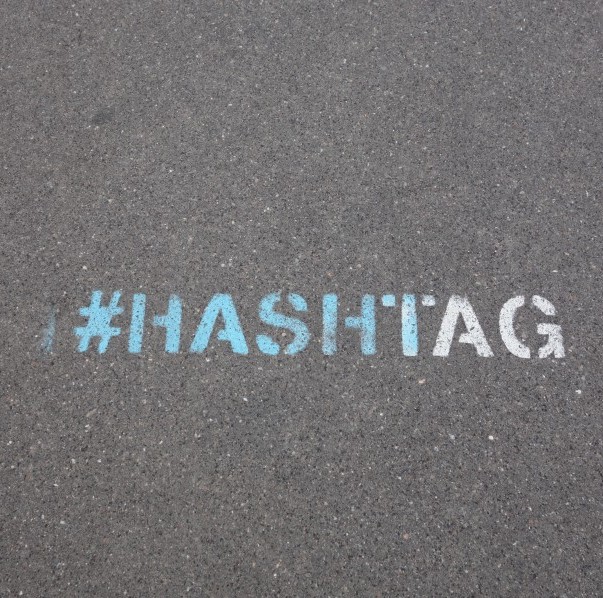All across the nation, the Black community has marched and rallied, chanted and sung, pushed and fought for justice after the slayings of unarmed Black men by white authorities.
As the community continues discussing solutions to ending the types of racial profiling that too often steals the lives of innocent young Black men, civil rights activist Van Jones hopes to unlock coding as the secret weapon in the war against racism.
The inspiration came shortly after the 2012 death of Trayvon Martin, the Florida teen who was gunned down by volunteer neighborhood watchman George Zimmerman.
Zimmerman was acquitted of murder.
Jones was discussing race in America with a music icon and his close friend, Prince.
“Every time you see a Black kid wearing a hoodie, you say: there’s a thug,” Jones recalled telling Prince during an interview with USA Today. “If you see a white kid wearing a hoodie, you say: there’s Mark Zuckerberg. I said, ‘That’s because of racism.’ ”
That’s when Prince delivered an answer that would light a fire under Jones.
“Maybe so,” Jones said Prince replied. “Or maybe you civil rights guys haven’t created enough Mark Zuckerbergs.”
From that moment forward, the challenge was on.
Jones launched Yes We Code as a new initiative under his Rebuild the Dream organization.
The initiative hopes to teach 100,000 low-income youths how to write code.
Prince was so excited about the initiative that he promoted it himself back in July as he headlined the Essence Festival in New Orleans.
Yes We Code also held its first hackathon in the city.
Prince’s rebuttal to Jones’ question made the civil rights leader realize that giving Black kids the tools they need to thrive in today’s economy is key to helping them overcome prejudice and change the way they are perceived by the population at large.
The Black community did, indeed, need more Mark Zuckerbergs.
“How do we create a situation that when you see a young Black kid in a hoodie, you think, maybe I should go up and ask the kid for a loan or a job as opposed to assuming the kid’s a threat,” Jones continued. “… Yes We Code aspires to become the United Negro College Fund equivalent for coding education. Yes We Code exists to find and fund the next Mark Zuckerberg and Sheryl Sandberg in communities you would never expect to find them.”
The initiative comes at a perfect time.
The tech industry is desperately seeking young, Black talent.
Some of today’s biggest tech giants were met with backlash when diversity reports revealed that companies like Google and Facebook had very few Black employees.
In addition to being met with backlash by the public, it also served as a reminder for the companies that there was an entire market of ideas they hadn’t fully tapped into because they were missing key voices from communities of color.
Black consumers are some of the heaviest technology users and yet they were hardly present in that industry.
Sadly, many children of color have no idea that they would be able to flourish in the tech space.
“Aptitude tests show one out of five kids of any color have an inherent aptitude for the kind of problem-solving that is required to be a computer programmer,” Jones said. “So that means one out of five kids out here in low-income communities, Native American reservations, Appalachia, housing projects, barrios, ghettos could be on the Mark Zuckerberg track. The problem is their mother doesn’t know, their father doesn’t know, the coach doesn’t know, the teacher doesn’t know, the preacher doesn’t know. So they all want to be LeBron James.”
The NBA welcomes a very small number of new players every year, which means many of these young kids with NBA dreams will be met with disappointment.
In the tech field, however, opportunities are vast.
“Meanwhile, the technology sector says they are going to be a million workers short in eight years,” Jones said. “And if we are not careful, we will have 15 Black Urkels trying out for a million jobs.”
For that reason, Jones believes the Black community has to focus on guiding the youths and helping them reach such opportunities.
That is the real forefront of the battle against racism — putting Black people, especially youths, in a position to succeed and flourish.
“The forward march of technology is unstoppable,” he said. “The forward march of communities wanting to be a part of the process of writing the future is unstoppable. The miracle that’s happening is that these two inevitable forces are coming together constructively. In the last century, this would have been protests, lawsuits and a lot of vitriol.”
In the midst of racial tensions across America, the war against racism has to be just as prevalent in the offices of Silicon Valley as it is in the streets of Ferguson, Missouri.


